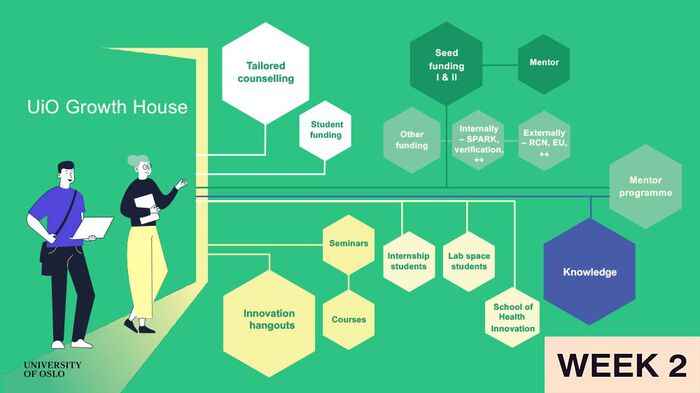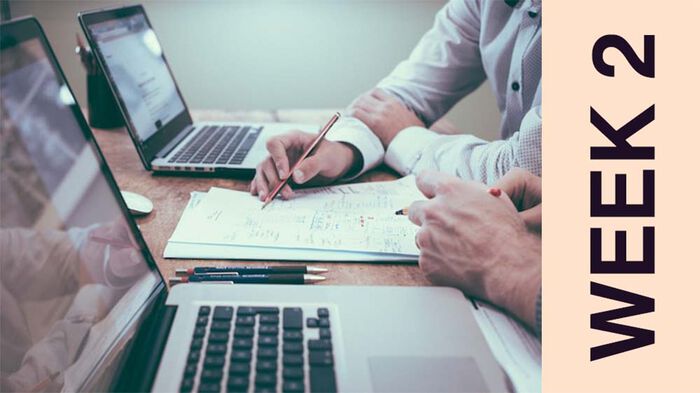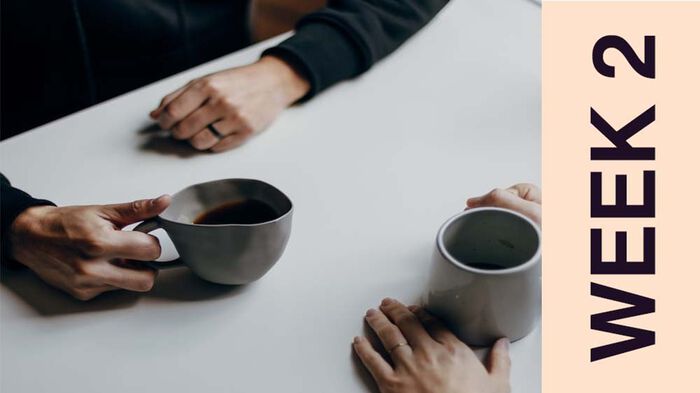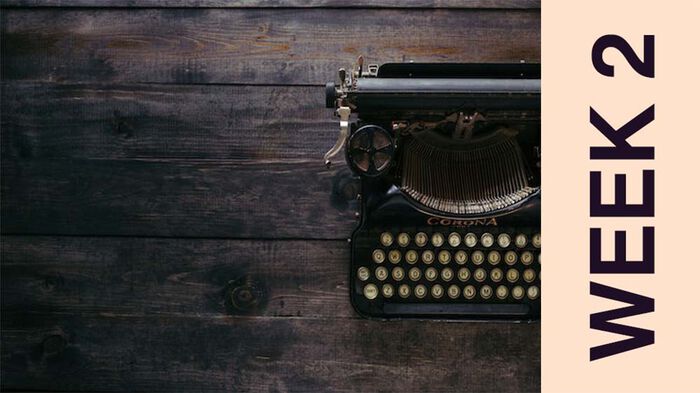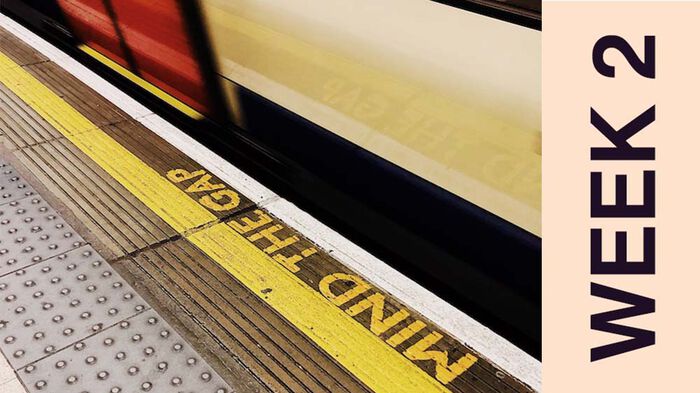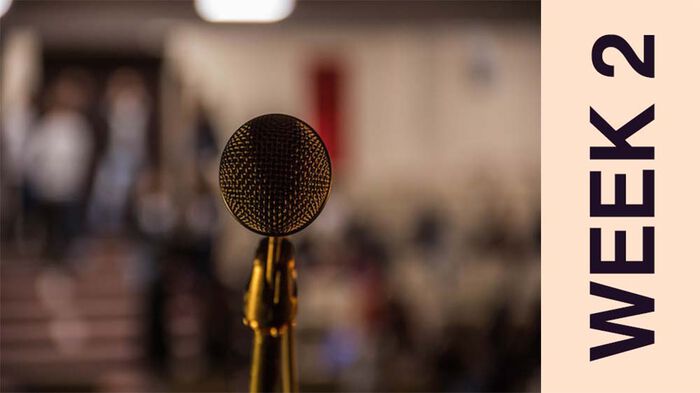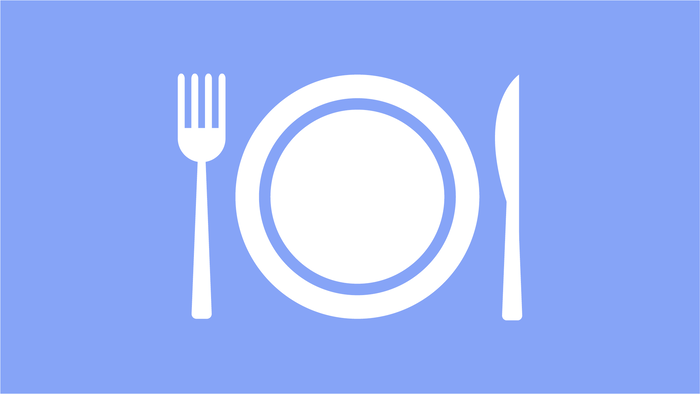Events for early career researchers
Only UiO events are listed below. To stay updated on these, and non-UiO events, subscribe to the 'ECR MN Newsletter'.
Get the low-down: What do you need to create a successful proposal?
Innovation – Knowledge in use
As part of our commitment to fostering your career development, during WEEK 2, we're offering exclusive 30-minute individual career counseling sessions.
Have you ever felt like you don't quite belong in academic research? Experienced doubts about your own competence despite your achievements? Or maybe you are just interested in learning how to work with diversity to strengthen your project and work environment? Then you are warmly welcomed to our workshop, which addresses two critical aspects of the academic life: Imposter Syndrome and biases.
This workshop will give you tools for identifying scientific publication channels, navigate publishing agreements and self-archiving policies. You will do practical exercises, explore examples, and have insightful discussions with your peers.
Creating an inclusive research environment requires skill in navigating diversity while also avoiding conflict. This workshop is designed to provide you with the tools and insights necessary to handle conflict skillfully or avoid it altogether.
This session will focus on how you can present yourself and your competencies to the employers you will meet at the career fair. You will gain insight to how employers think, and why they attend at UiO. You will also get some tips on how to use LinkedIn as a tool and what you can do to get the most of the day.
Learn about different tools, platforms, and services to share your research and other contributions, and how to utilise them to make yourself and your work more visible. In this workshop you will get hands-on help to build your online profile!
How can you explain your science and make it interesting for a wide audience? In this hands-on workshop, you will learn useful tools for popular science writing and prepare an outline for your own article.
In this workshop we will explore how to make your research available to stakeholders, e.g. policymakers, industry, businesses, or organisations. An important part of this process is to identify who these stakeholders may be, and how to reach out to them to get your research noticed, understood and used in an ethical way.
In the modern age, where information flows rapidly and knowledge dissemination is facilitated by various platforms, being able to communicate research is not just an option but a necessity.
Start the day with a coffee and kick off WEEK 2 with Rector Svein Stølen, MN Dean Solveig Kristensen and OD Dean Tiril Willumsen.
Before leaning into how to make your presentations more impactful and memorable.
Breakfast will be served at 09:30.
Is it difficult to set aside time to write? The Academic Writing Centre organsises structured writing sessions for PhDs and Postdocs.
Join us for the Open Science Lunch to hear about the challenges and opportunities of publishing and collaborating on artistic research
Is it difficult to set aside time to write? The Academic Writing Centre organsises structured writing sessions for PhDs and Postdocs.
Is it difficult to set aside time to write? The Academic Writing Centre organsises structured writing sessions for PhDs and Postdocs.
Is it difficult to set aside time to write? The Academic Writing Centre organsises structured writing sessions for PhDs and Postdocs.
Join us for the Open Science Lunch to hear about the rise of reproducibility networks around the world, including Norwegian Reproducibility Network (NORRN).
THNK – Trust, Human emotions, Narratives and Kreativity, is a science based check list for effective communication of science (and other important messages).
How to ensure use and reuse of qualitative and context-sensitive data? The QualiFAIR project will introduce you to the main challenges researchers face in the FAIRification of qualitative and context-sensitive data and what you can do to facilitate sharing, reuse and multiple use of research data.
Here, we will walk you through the basic principles of data anonymization and share strategies for both pseudonymisation and anonymisation of personal data.
Elevate your academic writing with storytelling and writing principles! Join this workshop to learn how to make your research papers clear, engaging, and readable by incorporating storytelling techniques and effective writing principles.
In this talk, Tobias Bach, Professor of Political Science, shares his insights from many years of writing and evaluating research proposals – both successful and unsuccessful ones.
This course will give you an introduction to data classification and storage, data privacy and research ethics – essential for the whole project life cycle – from collecting data to sharing of your results.
A well-executed literature search forms the foundation of knowledge on specific topics, prevents redundant research, helps identify research gaps, and provides an opportunity to position your own research.

